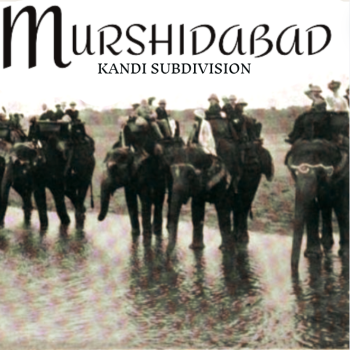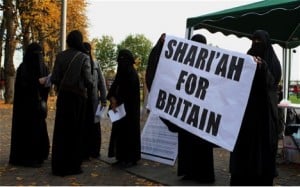Amina Abdullah is being celebrated as the unlikely voice of Syria’s revolution. She is a 35-year-old Syrian-American woman living in Damascus. On her blog, she writes candidly about her life as a lesbian in Syria. She garnered international attention after a post describing how her father was in an altercation with the state police.
Abdullah’s blog is not only significant as an account of someone in the midst of Syria’s revolution. It is also important because it is creating more opportunities for conversations about homosexuality in Muslim and Arab contexts.
What is most refreshing about Abdullah’s blog is that she does not paint herself as the voice of Syria’s revolution. She represents herself as an individual, and speaks honestly about her own lived experiences. What makes her voice so powerful is her ability to capture many of the frustrations that many Muslims may feel about their struggles. While Abdullah questions the patriarchal norms of her own society, at the same time, she does not play into the age-old Orientalist trap of needing to be “saved” from her culture or religion.
In a recent post called “Pinkwashing Assad,” Abdullah writes about a CNN article that questions whether or not the Arab spring will actually result in changes for the LGBTQ communities in impacted nations. It focuses on the idea that “conservative forces” will “make the situation worse for gay people and other minorities,” thus using the Arab spring in order to further their agendas. While being interviewed for the same piece, Abdullah is frustrated with the perpetuation of the idea that religious and cultural norms are static and at odds with egalitarian and democratic values:
“We’ve gotten used to being used rhetorically by the advocates of war, occupation, dispossession, and apartheid as ‘evidence’ that the primitive sand-people don’t deserve anything other than killing by the enlightened children of the West; we’ve seen this story used to advocate murder of Afghan villagers, Palestinian refugees, Iraqis and so on. It’s given as justification for genocide by the ranting bleach-blond buffoon in the Dutch parliament and as reason for reviving the worst of the Third Reich by neo-fascists across Europe and America. Now, it’s being used as an argument against democracy.”
In her post, Abdullah touches on a very significant idea. While acknowledging the invisibility and taboos that surround the topic of sexuality, Abdullah also believes that religion and culture are not static, and should not be treated as such. Therefore, such a conversation should not be framed in a way that reinforces the same Orientalist binaries. Abdullah refuses to see her sexuality used as an excuse to perpetuate oppression.
Abdullah is also a refreshing voice because she recognizes her position. While she speaks from a very hushed sexual minority, she also acknowledges her privilege of having an understanding family. Furthermore, from what is known about Abdullah, she comes from a well-connected and political family, and some point out that this provides her with the luxury to speak up. At the same time, Abdullah clearly states that she only speaks for herself and those that agree with her. I admire that she is using her voice and position to provide a frank discussion of not only what is occurring in Syria, but also about her sexuality. It is my hope that her publicity will be used to challenge the taboos surrounding the topic of homosexuality in Arab society and Muslim communities.
The issues that she draws upon are not exclusive to the rights of sexual minorities. Much like the feminist movement, it becomes easy to tie “progress” in another part of the world according to how similar it is to a Western movement. However, Abdullah, who has lived in the United States as well as Syria, reminds us that acceptance of LGBTQ individuals is not a finished project, and nor will a successful movement in Syria look like one in the U.S.
Abdullah points out that identifying as a member of the LGBTQ community does not necessarily mean that one rejects all other aspects of their identity:
“They want to pretend that us homos and queers will all come to forget that we have fathers and mothers, brothers and sisters and so on. We’ll forget that we have been oppressed not solely or even primarily as faggots and dykes but, instead, as Arabs, as Muslims, as Middle Easterners, as Palestinians and Iraqis and Syrians and so on. They want us to shed all those aspects of ourselves and embrace the oppressor if the oppressor lets us dance in his disco or make out in her coffee house.”
I thought this was a significant point, and once again it brought me back to feminism. What Abdullah draws upon here is how complex identity is, and how important it is to rely on reality rather than stereotypes. Saying that “barbaric” Arabs oppress women and sexual minorities because it is in their nature assumes that such individuals need saving from their societies, when many individuals are not only complex, but also evidence that norms must be challenged and changed. I felt that this was not a call to “prioritize” the need for democracy over individual rights, but perhaps more about recognizing not only the complexities of individuals but also of society as a whole.















